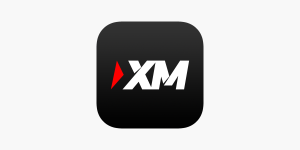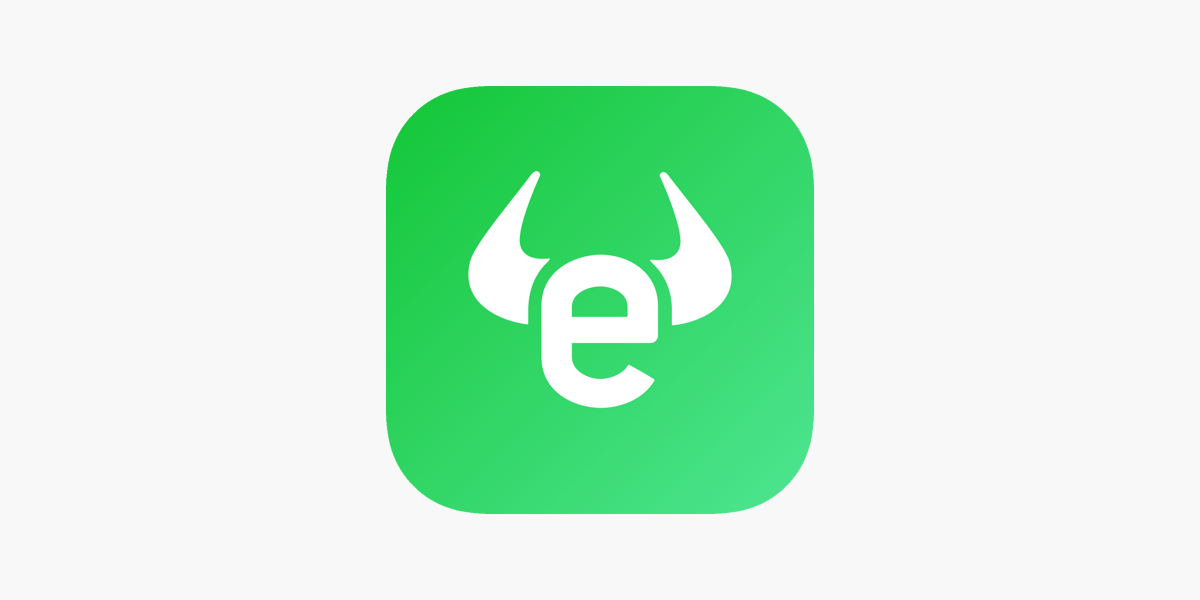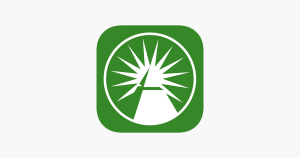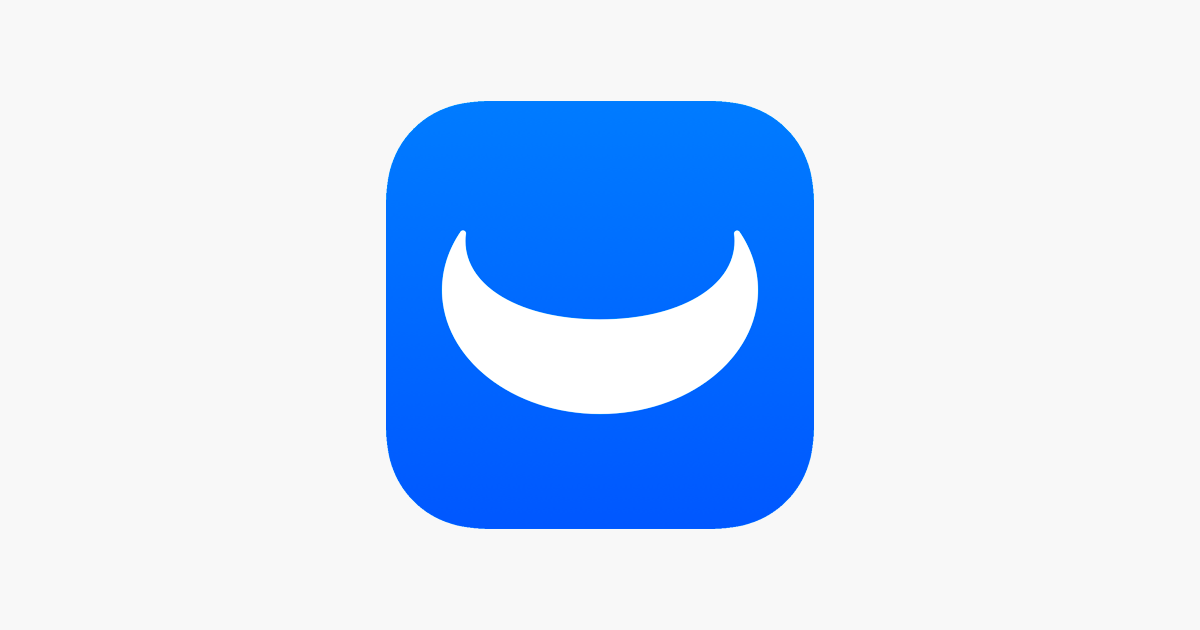
XM

eToro

Fidelity

Webull
In the rapidly evolving world of online trading, South African investors are increasingly turning to mobile applications to manage their trades and monitor the markets. With the convenience of trading at the tips of their fingers, users can swiftly react to market changes, access a wealth of real-time financial data, and execute trades from anywhere at any time. The best trading apps not only provide functional ease but also ensure a high standard of security, user-friendly interfaces, and a range of analytical tools to support informed decision-making.
The selection of a trading app is critical in defining one’s trading experience, and South African traders have a plethora of options at their disposal. To cater to both beginners and experienced traders, these apps come equipped with various features such as live price feeds, educational resources, and customizable charts. Apps like HFM MetaTrader stand out for comprehensive functionality, while others are recognized for their intuitive design or specialized services. It is essential for traders to consider their individual trading style, the instruments they wish to trade, and the type of analysis they rely on when selecting an app that is best suited for their needs.
The landscape of forex trading apps in South Africa is diverse, ranging from platforms that are favorable for beginners, offering educational guidance and simple layouts, to those that provide advanced traders with extensive analytical tools. Certain apps are distinguished by their cost-effective pricing structures with low spreads, as seen in platforms tailored for cost-conscious traders looking to minimize trading expenses. It’s important for users to thoroughly examine the regulatory framework, as a strong regulatory foundation ensures higher levels of investor protection and operational standards.
Overview of Trading Apps in South Africa
South Africa offers a dynamic environment for mobile traders, with a plethora of trading apps competing for attention in 2024. These applications cater to both seasoned investors and novices, providing a range of tools tailored to each user’s needs. They’re pivotal in facilitating access to local and international financial markets from the convenience of a smartphone or tablet.
Several key players dominate the trading app landscape:
- HF Markets: Known for its comprehensive online trading platforms, including MetaTrader 4 and MetaTrader 5.
- Trade Nation: A UK-based CFD stock broker offering fixed spreads and various financial instruments.
- Interactive Brokers: Provides a broad spectrum of products with high leverage options and no minimum deposit.
Reliability and regulation are paramount in trading apps. South Africans expect their applications to be overseen by credible authorities, ensuring that their investments are secure and operations transparent. Most trading apps available in the region are, indeed, regulated by reputable bodies.
| Features | HF Markets | Trade Nation | Interactive Brokers |
|---|---|---|---|
| Products | Forex, CFDs | CFDs, Spreads, Forex | Stocks, ETFs, Options |
| Platforms | MT4, MT5, HFM App | Trade Nation App | IBKR Platform |
| Regulation | Multiple regulatory bodies | FCA, others | FINRA, SEC, CFTC |
Users prioritize ease of funding and withdrawal alongside low transaction fees. In a highly competitive market, trading apps in South Africa strive to provide exceptional security measures, as protecting clients’ data and funds is non-negotiable.
The year 2024 sees mobile trading not as a convenience but a necessity. South Africans have embraced these apps as essential tools for participating in global financial trends and opportunities.
Key Features to Look for in Trading Apps
When selecting a trading app, it’s crucial to focus on features that enhance the safety, efficiency, and depth of your trading experience. Here are the essential elements to evaluate.
User Interface and Experience
The user interface should be intuitive, promoting easy navigation for traders of all levels. Features like customizable dashboards and clear, real-time market quotes can significantly improve the trading experience.
Security and Authentication
Robust security measures, including two-factor authentication and encryption, are a must to protect user data. Traders should prioritize apps that are regulated by reputable bodies such as the FCA, ASIC, or CySEC.
Available Financial Instruments
Diverse financial instruments, including stocks, forex, cryptocurrencies, CFDs, and ETFs, allow for a broad investment portfolio. Make sure the app offers the trading opportunities you’re most interested in.
Account Options and Types
The best apps offer a variety of account types, including demo accounts, micro accounts, and ZAR trading accounts. These cater to traders with different experience levels and investment sizes.
Fees and Costs
Keep an eye on fees and costs such as spreads, commissions, and the minimum deposit required. Some of the best trading apps maintain competitive pricing while offering top-tier service.
Trading and Analysis Tools
Quality trading apps should have advanced charting tools, technical indicators, and options for technical analysis. Such features are vital for making informed trading decisions.
Platform Accessibility
Access to the platform via Android and iOS mobile apps means you can trade on any mobile device or smartphone, ensuring you can monitor the market and execute trades while on the move.
Customer Support and Service
Reliable customer service is essential for resolving issues. The availability of knowledgeable support via various channels, including phone and live chat, is a sign of a strong trading platform.
Additional Trading Options
Look for additional trading options such as leverage and futures. These can offer more advanced trading strategies for experienced users.
Integration with News and Market Data
Real-time market data, alerts, and integration with market news keep traders informed. Access to market research and education resources can further enhance a trader’s ability to react to market changes.
Top Trading Apps Available in South Africa
In South Africa, investors have access to a variety of trading apps, but certain platforms like IG Markets and AvaTrade have distinguished themselves by offering comprehensive features that cater to both forex and stock traders. Availability on both Android and iOS ensures that traders can execute trades while on the go.
IG Markets
IG Markets is recognized for its robust trading capabilities, allowing South African users to trade over 17,000 markets including forex, indices, commodities, and shares. The platform is available on both Android and iOS devices, providing a seamless trading experience across all devices.
AvaTrade
AvaTrade is a global broker with a local presence in South Africa. Its AvaTradeGo app is the mobile trading arm of the platform, offering advanced charting and analysis tools. South African traders can enjoy a user-friendly experience on both Android and iOS operating systems.
XM Broker
XM Broker offers an impressive range of trading instruments including forex, stock CFDs, and commodities. The platform is designed for traders who require a multilingual interface and sophisticated tools. Available on both major mobile operating systems, XM Broker caters to traders who prefer flexibility and accessibility.
Exness
For those seeking low spreads and leverage options, Exness stands out. It supports a variety of asset classes and provides a practical solution for both novice and experienced traders. With apps tailored for both Android and iOS, Exness is a viable option for on-the-go trading.
Mobile Apps Specifics: Android vs. IOS
Trading apps in South Africa have to bridge the divide between Android and iOS users. Android apps tend to be more widely used due to the diversity of devices supporting this operating system. However, iOS apps typically offer a more uniform user experience due to the controlled nature of Apple’s ecosystem. In either case, forex trading apps and stock trading apps are optimized to provide secure and efficient trading environments on mobile devices.
Understanding the Regulatory Environment
In South Africa, the online trading landscape is guided by a stringent regulatory framework designed to protect investors and ensure fair trades. They need to understand the key regulatory bodies and the licenses they issue, which authorize platforms to operate in the trading space.
Regulatory Bodies and Licenses
The primary regulatory body overseeing financial markets in South Africa is the Financial Sector Conduct Authority (FSCA). It is tasked with the regulation of financial institutions, including trading apps, to ensure that they operate within the legal boundaries set to protect consumers. Licenses from the FSCA are crucial for trading platforms and serve as an indication of reliability and adherence to local financial laws.
Other prominent international regulatory entities that often license trading platforms include the Financial Conduct Authority (FCA) in the UK, the Australian Securities and Investments Commission (ASIC), the Financial Services Commission (FSC) in Mauritius, and the Cyprus Securities and Exchange Commission (CySEC). These organizations are known for their rigorous regulatory standards and are respected by traders and institutions alike.
CMTrading, for instance, emphasizes their compliance with regulatory standards, hinting at the importance of such adherence for safety and transparency in online trading. Similarly, top trading platforms listed in reviews for South Africa, such as those reviewed by Traders Union, invariably highlight their licensed status, which often includes multiple regulations from bodies like FCA, FSCA, ASIC, and others.
A license from any of these regulatory bodies ensures that the trading app has met specific criteria, including capital adequacy and audit requirements, providing traders with a degree of security. The presence of these licenses is indicative of a platform’s commitment to maintaining high standards in its business operations, which in turn increases investor confidence.
Trading Education and Research
The landscape of trading apps in South Africa not only facilitates transactions but also serves as an educational and research platform. These apps provide resources and tools designed to enrich both the novice and experienced trader’s decision-making process.
Educational Resources for Traders
These apps often feature a variety of educational resources aimed at enhancing traders’ knowledge. Users may gain valuable insights from a collection of articles, webinars, and video tutorials that cover the basics of trading to more complex strategies. Many platforms also offer demo accounts that simulate real-world trading experience without financial risk, thereby allowing users to practice and refine their skills before trading with actual capital.
Market Analysis and Research Tools
In terms of market research, these applications offer a wide range of analytical tools. Traders often have access to real-time data, technical analysis indicators, and advanced charting capabilities. Market analysis reports by expert advisors can be invaluable for traders seeking informed opinions on market movements. Additionally, many apps feature copy trading facilities that allow users to replicate the positions of seasoned traders, effectively leveraging their expertise to potentially improve their success rate.
Account Management and Trading Operations
In South Africa, trading apps have been designed to cater to a variety of traders, offering different account types, execution methods, and support systems. These platforms prioritize user experience, ensuring that account management is streamlined and trading operations are efficient, from funding to execution.
Account Types and Minimum Deposits
The spectrum of account types available to South African traders ranges from demo accounts for beginners to micro accounts and standard accounts for more seasoned investors. The demo account serves as a valuable tool for those looking to practice strategies without financial risk. Most trading platforms require a minimum deposit to start trading, which can be as low as $5 for a micro account. For traders seeking more advanced features, a standard account often comes with a higher deposit requirement but provides access to extensive tools and resources. ZAR trading accounts are specifically tailored for South African traders, enabling them to trade directly in their local currency.
- Demo Account: Free, unlimited use for practice
- Micro Account: Minimum deposit often around $5
- Standard Account: Higher deposit, more features
- ZAR Account: Trade in South African Rand
Trading Execution and Orders
Quality trading apps in South Africa offer efficient trading execution and a variety of order types. Traders can expect real-time execution with minimal slippage, ensuring that trades are carried out at the desired levels. Additionally, these platforms provide a range of orders, including market, limit, stop-loss, and more, giving traders full control over their trading activities. Price alerts can be set up to notify traders of significant price movements, helping them to react quickly to market changes.
- Real-time Execution: Minimize slippage
- Multiple Order Types: Market, limit, stop-loss
- Price Alerts: Stay informed of market moves
Funding and Withdrawal Options
The funding and withdrawal processes have been streamlined for convenience with options such as bank transfers, credit/debit cards, and e-wallets like PayPal and Skrill. Most platforms aim to offer quick and free deposits, however, a withdrawal fee may be applicable depending on the chosen method and amount. It’s important to review the fees and costs associated with both deposits and withdrawals to manage finances effectively.
- Bank Transfers, Cards, E-Wallets: Diverse funding methods
- Withdrawal Fee: May apply, varies by method
- No Deposit Fee: Common practice, check for exceptions
Customer Service and Support
Customer satisfaction is pivotal, and trading platforms generally offer robust customer support services. This includes live chat, email support, and sometimes a dedicated phone line. The support teams are knowledgeable and ready to assist with any account management or trading operation queries. The availability of support in local languages can be a significant advantage for South African traders.
- Live Chat and Email: Accessible support channels
- Knowledgeable Support Team: Quick, accurate help
- Local Language Assistance: For South African traders
Advanced Trading Features and Technology
The landscape of trading apps in South Africa is evolving with several platforms incorporating advanced features and technologies to enhance the trading experience. These functionalities cater to the needs of both novice and seasoned traders, offering sophisticated tools for analysis, execution, and risk management.
Automated Trading and Expert Advisors
Automated trading systems, also known as Expert Advisors (EAs), have become integral to many trading platforms, allowing for the execution of trades based on predetermined criteria without the need for manual intervention. These systems rely on complex algorithms and can scan financial markets for opportunities based on technical indicators or historical data.
- Expert Advisors: Typically used within platforms like MetaTrader 4 and MetaTrader 5, EAs enable traders to automate their trading strategies and manage positions efficiently. Developed using a proprietary scripting language, such as MQL for MetaTrader, EAs can be customized to follow specific trading rules and perform tasks like sending orders, setting stop losses, and taking profits.
- Features of Automated Trading:
- Strategy Back-testing: Allows traders to test their EAs against historical data to refine strategies.
- Custom Indicators: Traders can create or install bespoke indicators for more personalized analysis.
- Algorithm Optimization: Provides the ability to tweak algorithms for better performance.
The integration of EAs and cutting-edge features has significantly transformed trading, enabling both accuracy in execution and the ability to back-test strategies which are crucial for traders who rely on technical analysis and precision.
Frequently Asked Questions
In this section, the reader will find curated responses to some of the most pressing questions about forex trading apps in South Africa, all answered with clarity and precision.
What are the top-rated forex trading apps for beginners in South Africa?
For beginners in South Africa, the HFM App is user-friendly and highly rated. It provides a variety of tools and resources suitable for those just starting out in forex trading.
Which brokers are recognized as the best for forex trading in South Africa?
HF Markets, regulated by the FSCA with a high overall rating, is recognized as one of the top brokers for forex trading in South Africa.
How can I identify the best app for day trading as a South African trader?
The best app for day trading can be identified by its real-time data, swift execution, low spreads, and reliability. Traders should look for apps that provide these features, such as the HF Markets App.
What are the leading trading platforms available for free in South Africa?
Many leading trading platforms, such as MetaTrader 4 and 5, are available for free in South Africa. Additionally, proprietary apps like the HFM app offer free access to trading tools and platforms.
Which trading app is most recommended for earning money in South Africa?
For earning money, apps with a strong track record of reliability, user satisfaction, and comprehensive features like HF Markets are most recommended.
Who are the top brokers in South Africa by industry rankings?
By industry rankings, top brokers like HF Markets consistently appear as leading options, as evidenced by their high ratings from users and industry experts alike.
